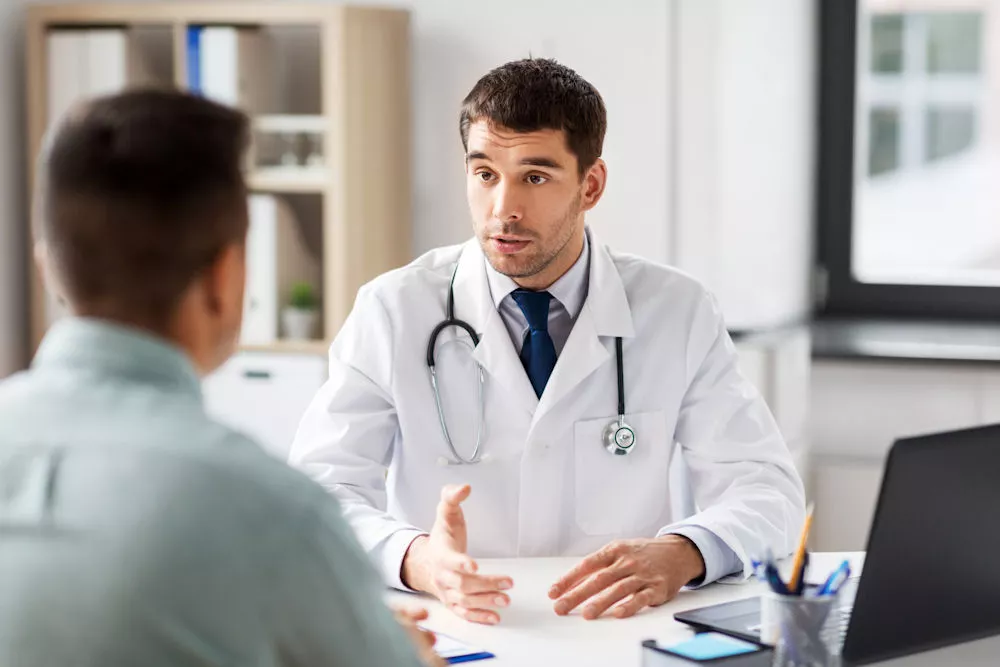Maryland has long been at the forefront of addiction prevention and treatment efforts in the United States. The state employs a variety of strategies designed to address the complex nature of addiction, which is both a public health crisis and a deeply personal challenge for many individuals and families. Behavioral Therapy Maryland strives to reduce addiction rates and support recovery through comprehensive programs, educational initiatives, and innovative therapy models. For those involved in providing such care, understanding the certification process, including details like “how many questions are on the RBT exam,” can be crucial for ensuring that therapy is delivered with the highest standards of professionalism and effectiveness.
Community-Based Prevention Programs
Maryland acknowledges the importance of proactive measures in addiction prevention. Community-based programs, such as youth education campaigns and substance abuse awareness initiatives, play a crucial role in informing the public about the risks of drug and alcohol use. These programs often collaborate with schools, community centers, and local health organizations to reach a diverse audience. By focusing on prevention at the community level, Maryland aims to foster environments that prioritize healthy lifestyles and discourage substance abuse.
Early Intervention and Treatment
Recognizing that early intervention is critical to preventing addiction, Maryland has implemented a variety of programs aimed at identifying and addressing substance use disorders in their early stages. These programs often involve screening and assessment tools designed to identify individuals who may be at risk for developing an addiction. Once identified, these individuals are connected with appropriate treatment services, from outpatient counseling to residential rehabilitation programs. By intervening early, Maryland hopes to prevent the progression of addiction and promote successful outcomes for those experiencing substance use disorders.
Medication-Assisted Treatment (MAT)
Maryland recognizes the effectiveness of medication-assisted treatment (MAT) in supporting recovery from opioid addiction. MAT involves combining FDA-approved medications, such as methadone and buprenorphine, with behavioral therapy to treat substance use disorders. This approach has been shown to reduce opioid cravings and withdrawal symptoms while also providing a stable foundation for long-term recovery. Maryland has made MAT widely available throughout the state, focusing on expanding access in rural areas where treatment options may be limited.
Behavioral Therapy
Behavioral therapy is an essential component of addiction treatment in Maryland. This form of therapy focuses on addressing the underlying psychological and emotional factors that contribute to substance abuse. Through one-on-one counseling and group therapy sessions, individuals learn coping strategies, develop healthy habits, and explore their motivations for using drugs or alcohol. In addition to traditional behavioral therapy methods, Maryland incorporates innovative approaches such as cognitive-behavioral therapy, dialectical behavior therapy, and motivational interviewing. These evidence-based techniques provide individuals with the skills to maintain recovery and prevent relapse.
Peer Support Programs
Peer support programs play a vital role in addiction treatment in Maryland. These programs connect individuals in recovery with peers who have successfully overcome substance abuse themselves. Through mutual support and shared experiences, peer mentors guide and encourage those on their recovery journey. In addition to individual mentorship, Maryland offers peer-led support groups, such as Narcotics Anonymous and SMART Recovery, which provide a sense of community and belonging for those seeking sobriety.
Prevention and Treatment for Special Populations
Maryland recognizes that specific populations may be at a higher risk for developing substance use disorders and require particular prevention and treatment approaches. For example, the state has implemented targeted programs for pregnant women, individuals involved in the criminal justice system, and LGBTQ+ individuals. These initiatives address these populations’ unique challenges and provide tailored services to support their recovery journey.
Integrating Mental Health Services
Maryland recognizes that addiction often co-occurs with mental health disorders. To address this complex issue, the state has implemented initiatives aimed at integrating mental health services into addiction treatment. By providing comprehensive care that addresses both substance abuse and underlying mental health issues, Maryland seeks to improve treatment outcomes and support long-term recovery.
Education and Training for Professionals
Maryland understands the importance of equipping healthcare professionals with the knowledge and skills needed to address addiction effectively. The state offers training programs for physicians, nurses, social workers, and other healthcare providers on evidence-based addiction prevention, screening, assessment, and treatment practices. These efforts not only benefit healthcare professionals but also contribute to improving overall public health by increasing access to quality addiction care.
School-Centric Education and Intervention
In Maryland, educational institutions serve as pivotal platforms for addiction prevention. Schools implement curricula that include information about the dangers of substances and the importance of making informed choices. Additionally, school counselors and psychologists are trained to identify signs of substance abuse and provide early intervention for at-risk students. Programs like “Too Good for Drugs” are often incorporated into school activities to enhance students’ knowledge and resilience against peer pressure.
Legislative Measures and Policy
Maryland’s legislative framework supports various initiatives aimed at reducing addiction rates. Policies such as the Prescription Drug Monitoring Program (PDMP) help track prescription medication use and prevent abuse. This tool allows healthcare providers to identify potential misuse patterns and intervene appropriately. Furthermore, Maryland’s Good Samaritan Law encourages individuals to seek emergency help during drug-related incidents without fear of prosecution, ultimately saving lives and promoting public safety.
Behavioral Therapy Approaches
At the heart of Maryland’s addiction treatment methods is behavioral therapy, which addresses the psychological aspects of addiction. Behavioral Therapy Maryland, a leader in the field, utilizes evidence-based practices to treat individuals suffering from substance use disorders. Cognitive-behavioral therapy (CBT), for instance, is employed to help individuals recognize and change negative thought patterns and behaviors associated with addiction. This therapy is often tailored to meet each client’s specific needs, enhancing its effectiveness.
Family Involvement in Treatment
Recognizing that addiction affects not only the individual but also their loved ones, Maryland promotes family involvement in the treatment process. Therapy sessions often include family counseling to address dynamics that may contribute to substance use or hinder recovery. This inclusive approach strengthens support systems for individuals in recovery and fosters an environment of understanding and cooperation.
Support for Co-Occurring Disorders
Many individuals with substance use disorders also struggle with co-occurring mental health conditions such as depression or anxiety. Maryland’s treatment programs are designed to address these dual diagnoses through integrated therapy models. By treating both addiction and mental health issues simultaneously, clients receive comprehensive care that enhances their chances for long-term recovery and well-being.
Emphasizing Aftercare and Relapse Prevention
Aftercare is a critical component of Maryland’s strategy for sustained recovery. Programs emphasize the importance of continued support through group meetings, individual counseling, and resources encouraging ongoing sobriety. Relapse prevention strategies, including developing coping mechanisms and establishing healthy routines, help individuals maintain their progress and prevent relapse.
Collaboration with Local Organizations
Behavioral Therapy Maryland collaborates with various local organizations to enhance treatment accessibility and quality. Partnerships with non-profits, healthcare providers, and community groups allow for a more holistic approach to addiction prevention and recovery. By leveraging resources and expertise from different sectors, this collaborative network helps create a comprehensive support system for those in need.
Research and Innovation
Maryland’s commitment to research and innovation in addiction therapy is evident in its support for ongoing studies and pilot programs. By staying at the cutting edge of behavioral science and treatment methodologies, Maryland ensures its approaches remain effective and adapt to emerging trends. This focus on research improves treatment outcomes and contributes valuable insights to the broader field of addiction care.
Conclusion
Move Up ABA Maryland, LLC multifaceted approach to addiction prevention and behavioral therapy exemplifies its dedication to combating substance abuse and supporting those on the path to recovery. Maryland continues to make significant strides in addressing this pressing issue through community engagement, legislative support, innovative therapy models, and a commitment to research. As the state evolves its strategies to meet new challenges, it serves as a beacon of hope and progress in the fight against addiction.
Keep an eye for more news & updates on BlogFullNews!


